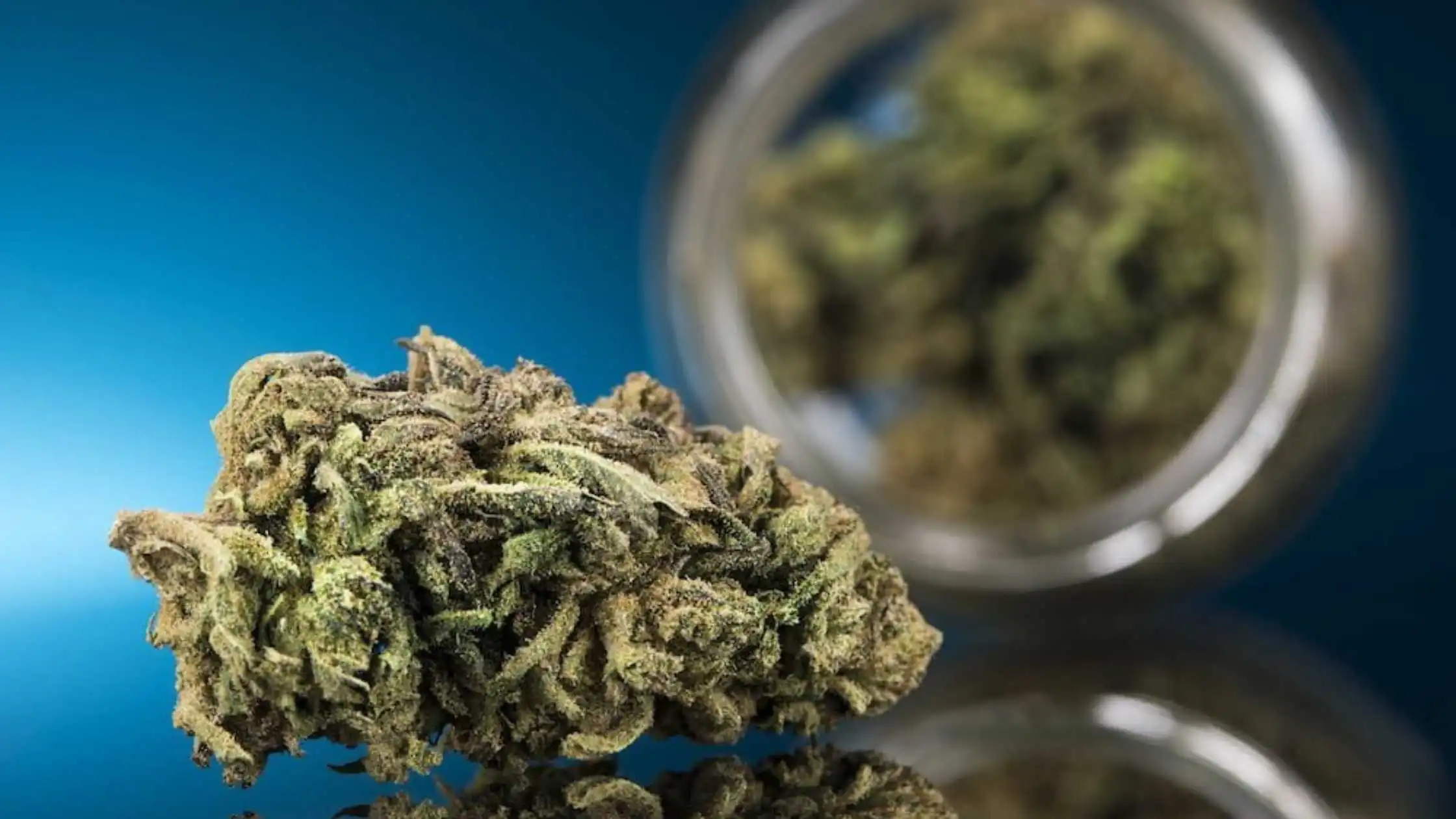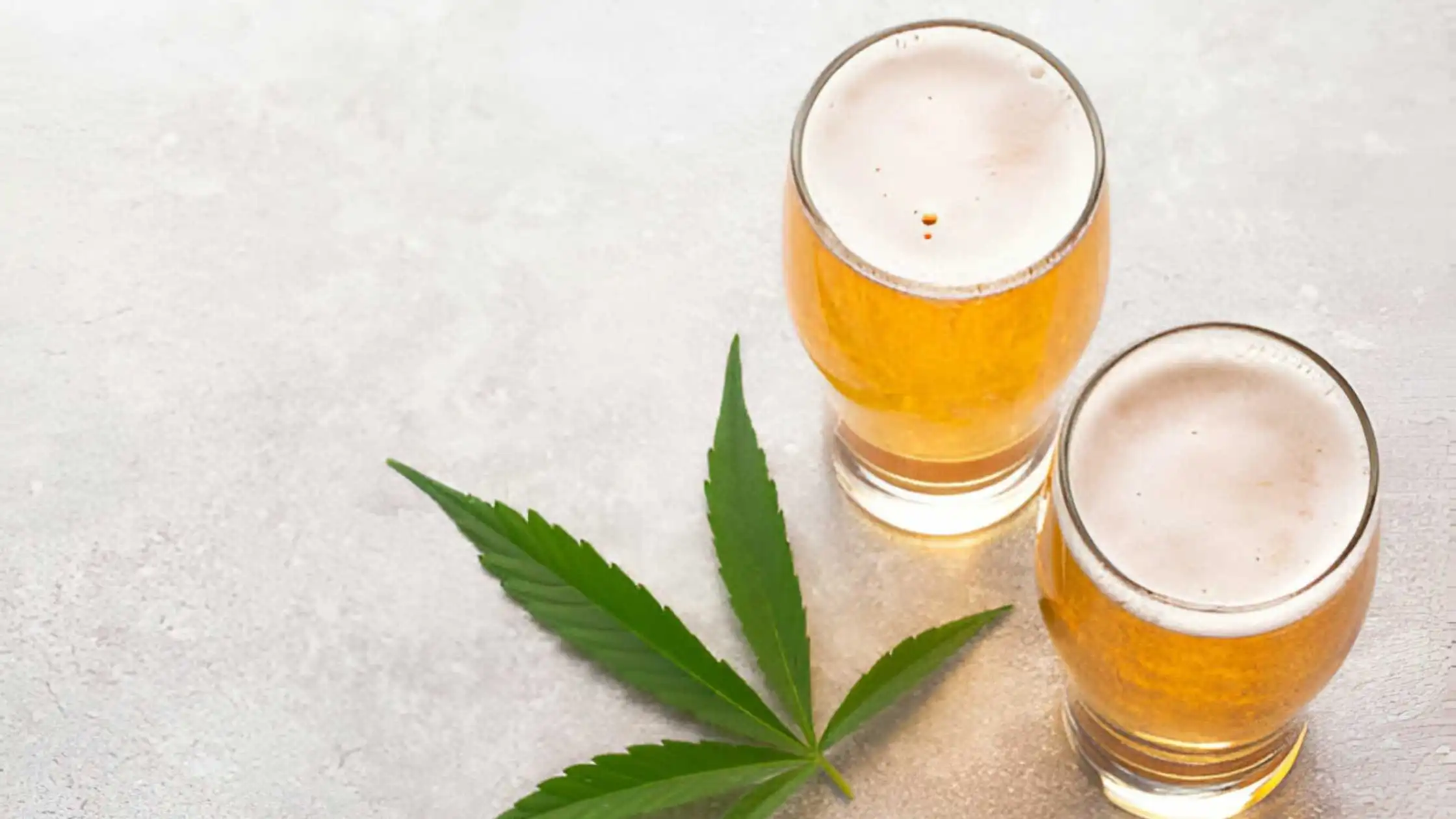US healthcare company Veriheal helps us tackle misinformation around medical cannabis.
Veriheal, a US healthcare company providing education and wellness resources, helps us tackle the myths and misconceptions around medical cannabis.
When it comes to cannabis, we know there’s a lot of misinformation out there.
So, for patients looking to explore whether cannabis could be an option for them, the internet can be a daunting place to turn to for advice.
Veriheal is a US healthcare technology company that provides credible cannabis education and wellness resources for patients to help make the transition a little bit easier.
Anthony Dutcher, chief marketing officer, Veriheal
Founded in 2017, it has helped hundreds of thousands of patients across the US connect with prescribing doctors, and the firm hopes to eventually bring the platform to those in the UK.
A lot of patients visit Veriheal to address concerns and educate themselves on medical cannabis before leaping to access a prescription. As such, Anthony Dutcher, the company’s chief marketing officer, is no stranger to the many misconceptions people might have about starting a plant-based medicine.
He sat down with Cannabis Health to help us tackle some of them.
CH: Before we start, can you give us a quick introduction to Veriheal?
Anthony: Veriheal launched in September 2017, and its entire ecosystem is rooted in patient education and advocacy. How can we put the best information out there to make the process as painless as possible?
I think it’s important to separate Veriheal from the medical practitioners. Veriheal is the tech platform which aims to streamline the conversation between the patient and the doctor. Our customer service team can’t give medical advice, but we can get on the phone with someone and relax them as much as possible and reassure them that this is a legal medicine in their state. Veriheal is making it more readily accessible to have that conversation.
Now, we’ve helped hundreds of thousands of patients across the nation, not to mention those who don’t necessarily book an appointment but, through our resources, are able to access valuable information. It’s been rewarding for us to hear these patients’ stories; to be able to facilitate that is really humbling.
CH: Okay, so first of all, is there enough research and evidence to be prescribing cannabis for medical conditions?
Anthony: The evidence is growing, but it’s still in its infancy, and I don’t think we’ve even scratched the surface yet. It’s great to see the programmes that are now becoming available and, through colleges, the doors that are opening for students to get a better understanding of cannabis – in terms of the business – as well as the chemistry of it. It also comes back to the issue of how you supplement a study with a placebo of cannabis. It’s hard to replicate.
CH: Is cannabis addictive?
Anthony: I’m not a medical professional, so I can’t back this up with my research, but every report that we’ve analysed and repurposed on our blog points to no, at least in terms of the physical effects of cannabis.
CH: Will cannabis make me unproductive?
Anthony: Oh, the lazy stoner stigma. We’ve read plenty of reports that actually point to the opposite of that, that people are innately more active when they are taking cannabis, especially for medical reasons. We’re not talking about recreational use, although there is some overlap, due to whatever relief the cannabis is providing, whether it’s emotional or physical in nature, the medical user is able to go about their daily activities without their symptoms looming over them.
CH: Is cannabis a gateway drug?
Anthony: People always will point to the fact that there needs to be more data, and I firmly agree there needs to be way more research reported on cannabis, but with it being a Schedule One drug, that research is restricted. It’s something we’re really pushing for the intimate understanding of the chemistry of this plant and its interaction with humans and our bodies.
We’re partnering with new agencies, as well as non-profits to make this reporting more accessible and also more accurate. The plants and products that have been analysed in some of these existing reports are not up to date with the latest products on the market. In my professional opinion, I would say no, but we do need more research.
CH: What if I have a negative reaction to cannabis?
Anthony: I’m a big advocate for journaling and closely monitoring the effects, especially in the medical sector, with so many unknowns, that’s a very important element. But I was also having regular follow-ups with your doctor and health professionals.
The Veriheal platform carries out regular surveys and feeds back to the prescribing physicians. We also have a personalised consultation service, where patients check in with a coach who can review their daily journals and see the effects of a particular strain or terpene and cannabinoid combination. We’re ultimately looking for how we can mitigate the negative impacts and increase the positive ones.
CH: What advice would you give to someone considering medical cannabis but who might still be unsure?
Anthony: Definitely speak with a physician; we offer coaching sessions before you even go through the initial consultation so that patients can get a little bit more information. I would also say that self-education is key. A big reason for our success in putting people’s nerves at ease is allowing them to review the studies and read everything we’ve written about their specific condition. Self-learning is very important as we wait for this dawning of research reporting to come, and in the meantime, there are plenty of trusted resources they can turn to that are backed by the latest science.
Disclaimer: https://cannabishealthnews.co.uk/2022/02/10/tackling-myths-misconceptions-medical-cannabis





